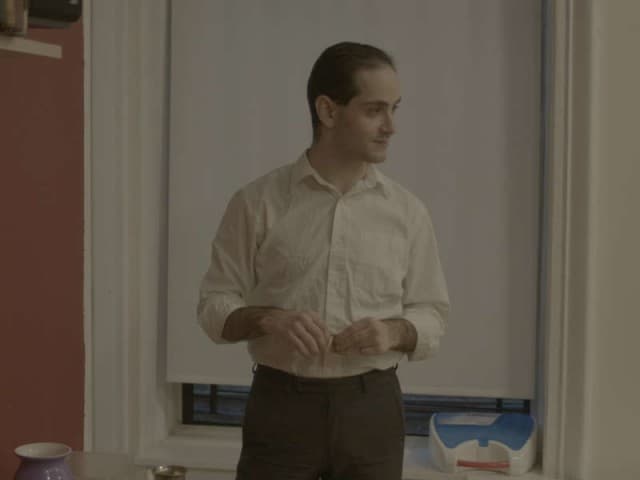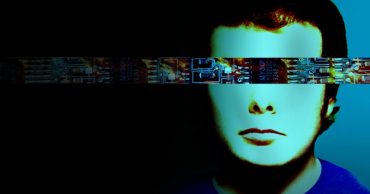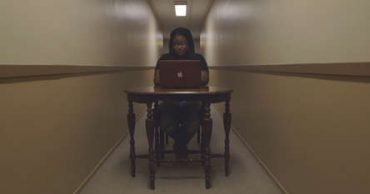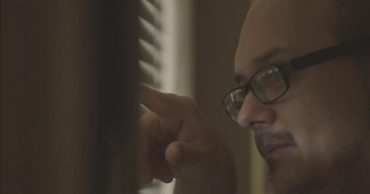
It’s been a fun look into the seedier side of the internet over the past eight weeks, but it’s finally time for the conclusion of (the first season of) Showtime’s Dark Net. Let’s take a look at the season finale, “Revolt.”
As with every episode of Dark Net this season, “Revolt” presents a few different individual stories that all fall under a broader category. That broader category here is that of violence and the use of technology to insight revolution in numerous ways.
The first story here is that of open-source guns being made through 3D-printing (described as the “Wikileaks” of weapons). This first weapon, named the “Liberator,” is extremely dangerous to use and can only be fired once before it has to be reloaded, but it still inspired thousands around the world to download the design and create designs of their own. In essence, this technology is stated to be intended to put the power back “with the people,” but it’s easy to see how horribly this could be misused. Still, though, the concept of untraceable “phantom” weapons is somewhat exhilarating, and that’s a bit terrifying in and of itself.
The next story that we see in “Revolt” is that of an activist that wants to use technology to keep a check on police abuse, documenting and reporting it as it happens. The activist, a former solider and patriot, is familiar with police brutality firsthand, and he joined with others of similar mind (through the internet, of course) to create a group solely intended to expose and stop police brutality. The things that this group does can be incredibly dangerous and terrifying, but their goal is noble, and they have the potential to do some real good for the world.
Finally, “Revolt” tells the story of the heir of a rabbinic dynasty of Hasidic Jews who, after accessing the internet and doing his own research for the first time ever, leaves his community and his faith. Technology allowed this man to “revolt” against his heritage, but it also allows other sects of Hasidic Jews to progress their own beliefs and help to make people outside the faith understand what they’re really all about. It even allowed Abby (the man who left his community) to find a group of Jews that fit better with his mindset.
The concept presented in “Revolt” was definitely the right way to end the first season of Dark Net, and you can see hints of how many different types of the technology we’ve explored throughout the series fit in even outside of their own category. This is an idea that’s been present during the entire season, but it’s clear that “Revolt” builds on a lot of things in small ways while still standing on its own.
Dark Net ended up being a very well-made documentary series that presented often difficult to understand concepts to people that would most likely never look into them otherwise, and I hope that we get a chance to explore even more of these ideas in the future.
What did you think of “Revolt?” How about Dark Net as a whole? Let us know all of your thoughts in the comment section down below!
[Photo Credit: Showtime]
 Follow Us
Follow Us



